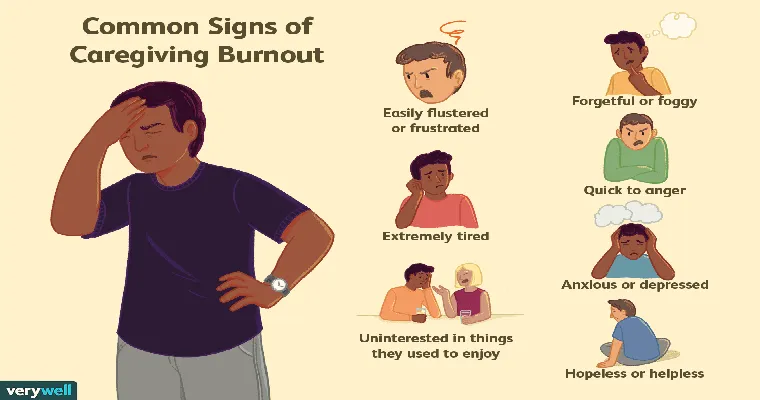Caring for a parent who "fabricates medical conditions" can lead to significant emotional and physical "burnout". As a caregiver, the challenges can be overwhelming, especially when you are constantly navigating a complex web of "healthcare" needs that may not be genuine. This type of situation can create a unique set of difficulties that require attention, understanding, and effective coping strategies.
One of the most challenging aspects of dealing with a parent who fabricates illnesses is the emotional toll it takes on the caregiver. You may find yourself feeling "frustrated", "exhausted", and even "guilty" for questioning your parent's health claims. This guilt can lead to a cycle of stress and burnout that is hard to break. Understanding the reasons behind your parent’s behavior is crucial. Many individuals who fabricate medical conditions may do so as a means of seeking attention, love, or support. Recognizing this can help you detach emotionally, allowing you to manage your feelings more effectively.
In addition to emotional challenges, the "logistics" of caregiving can also be taxing. You might spend countless hours making appointments, researching symptoms, and dealing with healthcare professionals. When your parent's claims are not based on actual medical needs, you may feel like you are wasting your time and energy. This can lead to a sense of hopelessness and further exacerbate feelings of burnout.
To combat caregiver burnout, it is essential to prioritize your own "well-being". This includes setting boundaries with your parent and ensuring that you take breaks when needed. Engaging in self-care activities, such as exercise, hobbies, or spending time with friends, can help rejuvenate your spirit and provide you with the strength to cope with ongoing challenges.
Moreover, seeking support from others who understand your situation can be invaluable. Whether it is through support groups, therapy, or talking with friends and family, sharing your experiences can lighten the emotional load. Connecting with others can provide you with new perspectives and coping strategies that you may not have considered.
Communication is another vital aspect of managing your relationship with your parent. Approach conversations with empathy and an open mind, while also being honest about your feelings. Expressing your concerns and discussing the impact of their behavior on your life can sometimes lead to positive changes. Encourage them to seek professional help if their fabrications are severe, as this might be a sign of deeper psychological issues.
Ultimately, navigating the complexities of caregiving for a parent who fabricates medical conditions is not an easy journey. Acknowledging the impact of their behavior on your mental and emotional health is crucial in preventing and addressing "burnout". By prioritizing self-care, setting boundaries, and seeking support, you can reclaim your life and find a healthier balance in your role as a caregiver. Remember, you are not alone, and there are resources available to help you through this challenging experience.





